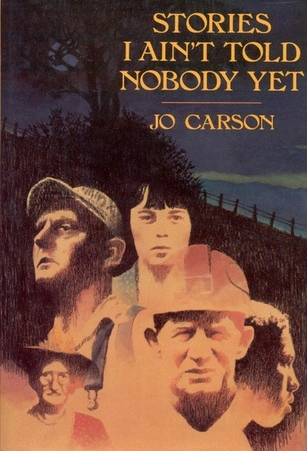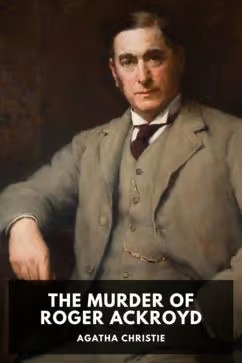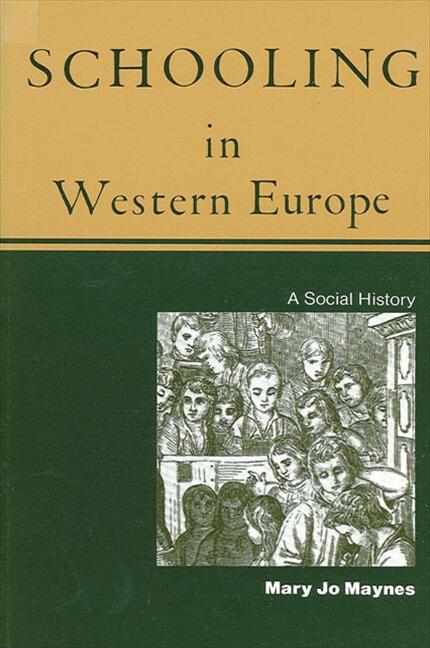To some extent, then, the current faith in the economic benefits of education is a restatement of a philosophy commonly expressed, if not wholly unchallenged, during the era when modern European schools systems were created. What distinguishes the current form of the argument is the effort to specify and measure the contribution of schooling to economic growth, and to replicate in the developing world the European experience by exporting its school.
Given the vagaries and methodological problems inherent in human capital theory, it is perhaps surprising that its claims have become so commonplace. Part of the explanation for the current revival of the theory, its opponents have argued, lies in its political implications. The favorable response in many Western countries to human capital theory "attested both to its optimistic tone and the political legitimacy it evoked as the preferred development strategy." Two German critics, D. Hinrichsen and K. Köhler, also found the impetus for theoretical development in this direction in larger political trends. Both neoclassical and Keynesian models, they point out, took technological progress as a given, a function of time. But the newer theories, developed more explicitly in defense of the capitalist system per se, had to connect technological progress with capital. These theories emphasize the parallel and connected growth of capital and laborforce skills and argue that overall economic well-being is dependent on the latter as well as the former. The net result is to legitimate the general system that supposedly produces both, as well as the specific and temporal inequalities which characterize its operation. The lower productivity of Third World economies, for example, can be accounted for in terms of historical patterns of underinvestment in education.









